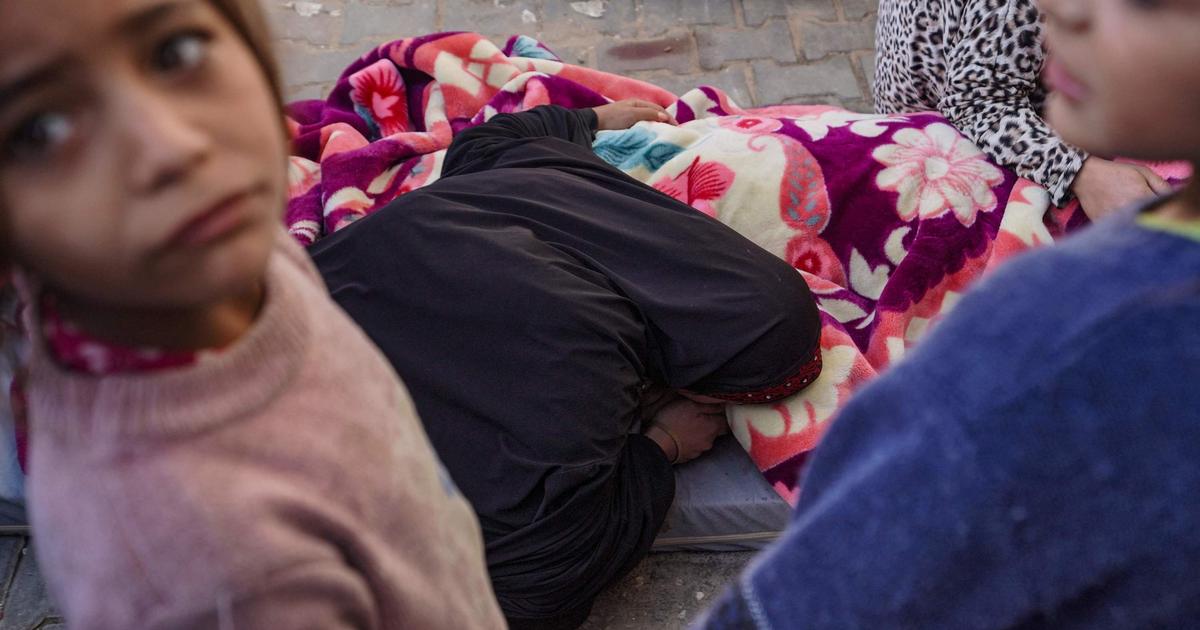Precise watches, fine chocolate, renowned ski resorts and award-winning cheese are things Switzerland excels at, but according to a new index released this week, there's at least one thing missing in the mountainous country and that's, well, misery.
According to the World Unhappiness Index published by Professor Steve Haneke, an expert on applied economics at Johns Hopkins University in the United States, Switzerland is the least miserable country on the planet. Every year, Prof. Haneke publishes an index that ranks 160 countries around the world, and determines according to economic parameters who is the happiest country and on the other hand who is the most miserable country in the world.
Geneva in Switzerland, Photo: GettyImages
The algorithm according to which the different countries are ranked weighs data such as unemployment, inflation, the rate of loans by banks to the public in the country, interest rates, and the annual percentage change in GDP growth per capita. In other words, the algorithm is based only on purely economic data and not on surveys of citizens in countries regarding their sense of happiness, nor on the level of health of the residents.
Rich and happy, citizen planting tree in Kuwait, photo: AFP
According to the latest survey, the small country in the heart of the Alps, with about nine million citizens, is the least miserable country in the world. It is important to note that this is not a surprise, Switzerland has been ranked among the twenty happiest countries in the world in the index for the past seven years. Interestingly, beyond the economic sphere, Switzerland is also blessed with a very high life expectancy and an internationally acclaimed education system.
The second-ranked country is Kuwait, with Ireland taking third place and Japan ranking fourth. Further down the list are Malaysia, Taiwan, Niger, Thailand and Togo, with Malta, a small island nation off the coast of North Africa, rounding out the top ten.
And where is Israel?
The cold economic algorithm, which examines only economic parameters, is pleasantly surprising in Israel's case, ranking 13th on the list, ahead of South Korea, the United Arab Emirates, China, Norway and Qatar. In fact, Israel is ahead of many strong countries on the list, such as France, Germany, Britain and the United States.
While it is possible to breathe in its spirit that even in a problematic period of protest and uncertainty, Israel still ranks very low on the list of unfortunate countries that, due to the economic nature of Haneke's index, are mainly countries that have experienced a severe economic crisis.
Shattered economy and political repression, Baharare Street, Zimbabwe's capital, photo: AFP
Zimbabwe, in Southeast Africa, has the dubious title of the most miserable country in the world. Regarding this ranking, Prof. Haneke explains that the significant factors that have brought Zimbabwe to first place are the iron rule of the ruling Zano PF party, which, according to the economist, "is actually running like a mafia." In addition, the expert lists the period of hyperinflation that the country experienced in the early 2000s, during which the rate of monthly price increases was 50%. This reality of a currency losing its value on a monthly basis caused harsh scenes in which citizens came with buckets full of banknotes to buy a loaf of bread.
Currency value collapsed, new banknotes in Zimbabwe,
Venezuela takes second place in the field of misery, followed by Syria, Lebanon, Sudan, Argentina, Yemen, Ukraine, Cuba, and Turkey takes tenth place.
Wrong? We'll fix it! If you find a mistake in the article, please share with us



/cloudfront-eu-central-1.images.arcpublishing.com/prisa/VRJEVHFNFQLX2IPNNYL27HVWJ4.jpg)











